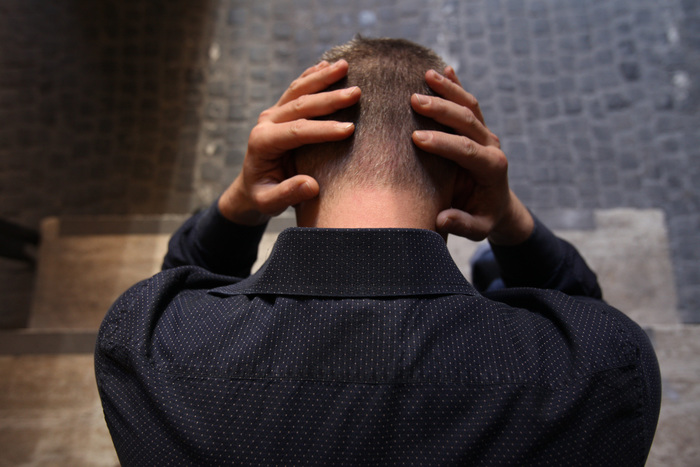Covid has profoundly eroded people's mental well-being, causing a pandemic wave of mental distress that declines into depression, anxiety, self-harm, hitting women and young people particularly hard, without sparing children.
The first global estimates reported in the Lancet report 53 million more cases of major depression (+ 28%) and 76 million more cases of anxiety disorders (+ 26%) in 2020 directly linked to the pandemic.
This is the sad balance that emerges a few days from the World Day for Mental Health which is celebrated on Sunday and which this year is dedicated to mental health in an inequitable world, to underline how, even more so with the pandemic, mental problems concern even more harshly the most vulnerable sections of the population. The data is impressive: nearly one billion people live with a mental disorder in poor countries, more than 75% of people do not receive any assistance.
Every year over a million people die from substance abuse and in conjunction with Covid the picture could even have worsened, in fact one young person aged 18-24 in 4 (25%) said they had increased the use of substances for coping with covid stress. Every 40 seconds a person takes his own life and in 2020 suicides have increased, just think that in Japan from June to October 2020 they grew by 16% compared to the same period in 2019.
According to the Lancet, without Covid, the cases of depression globally in 2020 would have been 193 million (2,471 cases per 100,000 people). The real cases were instead 246 million (3,153 per 100,000), 53 million more of which 35 million among women. As for anxiety disorders, without a pandemic in 2020 there would have been 298 million cases (3,825 per 100,000). The cases, on the other hand, were 374 million (4,802 per 100,000), 76 million more, 52 million among women.
Another work published in the journal The Lancet Regional Health - Americas shows that depression rates have more than tripled in a pandemic year and symptoms have worsened: 32.8% of adults in the US reported severe depressive symptoms in March- April 2021; they were 27.8% in the very first months of the pandemic (March-April 2020), and 8.5% before the pandemic.
The pandemic does not spare children: according to Save the Children 83% of children around the world feel an increase in negative feelings and among minors the levels of depression, anxiety, loneliness and self-harm are on the rise. Furthermore, in countries where schools were closed for 17-19 weeks, psychological distress increased in 96% of cases. The data emerges from a survey conducted by the Organization in September 2020 of more than 13,000 children in 46 countries. According to a new analysis based on data from the Oxford Covid-19 Government Response Tracker, children around the world have spent an average of around six months in total indoors due to lockdowns since the start of the pandemic.
"We are experiencing a global mental health crisis and its effects could be catastrophic for some children.
Those living in poverty or in disadvantaged or vulnerable situations are even more at risk from the harmful consequences of prolonged lockdowns - says Marie Dahl, head of the Save the Children Mental Health Unit -. Lack of social stimulation can have a serious impact on their mental health and development. "
"The pandemic immediately led to a worsening of the already existing disparities, with greater incidence and outcomes of the disease in the weakest groups - declare Massimo di Giannantonio and Enrico Zanalda, co-presidents of the Italian Society of Psychiatry - The inequalities generated by Covid have had repercussions also on mental health, increasing mental distress especially among the most fragile sections of the population, with less access to care and services ".

